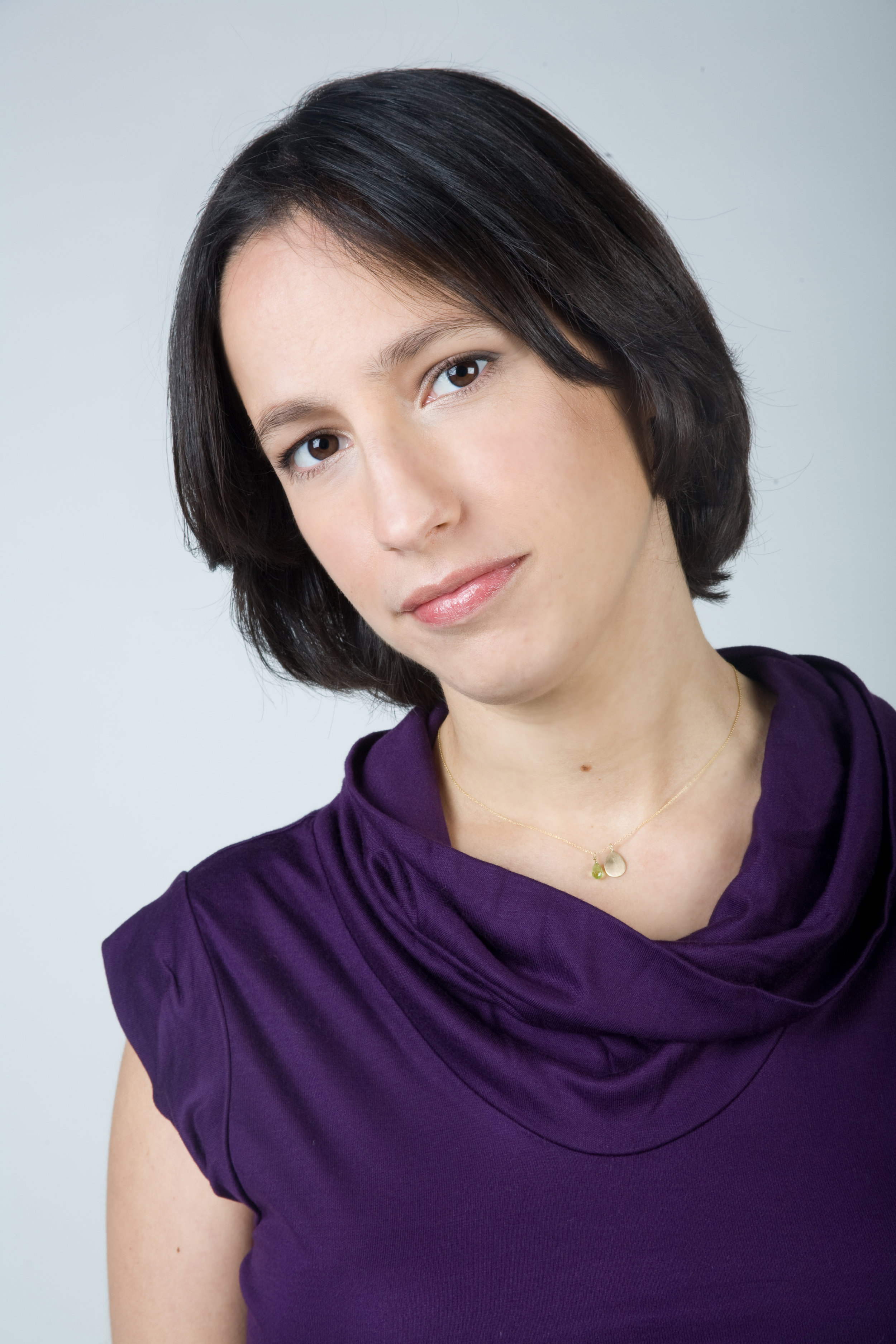C&V Mentor Meeting: Lunch with Daron Hagen
 Ronnie Reshef, guest bloggerComposers & the Voice Composer Fellow, 2011-2012
Ronnie Reshef, guest bloggerComposers & the Voice Composer Fellow, 2011-2012
A few weeks ago, Steve Osgood, Charles Jarden and I met Daron Hagen, my C&V mentor, for lunch. We met at Henry’s, where Daron dines often, and despite his enthusiastic recommendation on the cheeseburger, I decided to go for the pasta primavera. Unfortunately, I did not foresee the trouble I will run into later, trying to eat long spaghetti and maintain my table manners. I think that eventually I might have lost a few points in the table manners section, but at least I enjoyed a great dish of pasta primavera and a wonderful conversation with three fascinating opera men.
And now for the more interesting part of the meeting: Daron Hagen. I first met Daron almost a year ago, when he was on a judging panel of a competition I participated in, with my 2009 one-act opera “Requiem for the Living." I only got to the third place in that competition, but the benefit of the judges’ comments was worth much more than receiving any prize. I think that I will always remember Daron as the first one who stated to me clearly that opera should aim to touch at people’s hearts. Daron’s concept, as I understand it, is that opera must always be accessible and communicative, the story must move the audience, and that the music’s role in making this happen is huge. For me, I guess it means less thinking while composing, and more following the heart. Sounds easy? Well, it’s not. But this is not the place for that discussion.

Back to Daron: in one of our chats back in that opera competition, we discussed the opera world today, and Daron said that opera should not be the aristocratic genre that it is mostly today, but the opposite: the genre of the people. I couldn’t agree more: the tuxedos, shiny evening dresses, splendid halls and crazy pricesare taking the opera away from the people,where it belongs and where it was born. When opera was born, it was meant to be entertainment for the people, who will laugh, have fun, and even eat and drink during the performance – not as it is today, that people have to sit squeezed in fancy clothes and forced to be silent for four hours. These discussions with Daron lived in my mind for long after the competition was over, and have had a great effect on my operatic and vocal writing since then.
Having Daron as my C&V mentor was great news for me – I know that we see eye to eye about many things (might be more accurate to say that I see many things the way he does…), so I knew we would be a good match. In addition to this, Daron is an amazingly busy composer. Only this past year he had two full productions of two of his seven operas. Daron has written twelve concerti, four symphonies, over 150 art songs and song cycles, and over forty chamber works. Just what I’d like to be in twenty years! Or, on a more serious note – I sure have a lot to learn from him about the business of being a composer, the practical aspects of it, and the politics involved.
A practical aspect, for example, which we discussed in the lunch at Henry’s, was the size of orchestra I should employ for the opera I am working on now. So many non-artistic considerations: size of halls, instrumentation of other operatic works which my piece is likely to be programmed with, orchestra policies regarding employing only some of their musicians – I was happy to have this kind of advice from an experienced composer.
I can keep writing here forever about Daron, myself, and Opera. But maybe I shouldn’t - this might be a good point to stop and save some ideas for later.
Thanks AOP for lending me Daron for a year, and thanks Daron - I am looking forward to working with you soon – this time over a cheeseburger!
